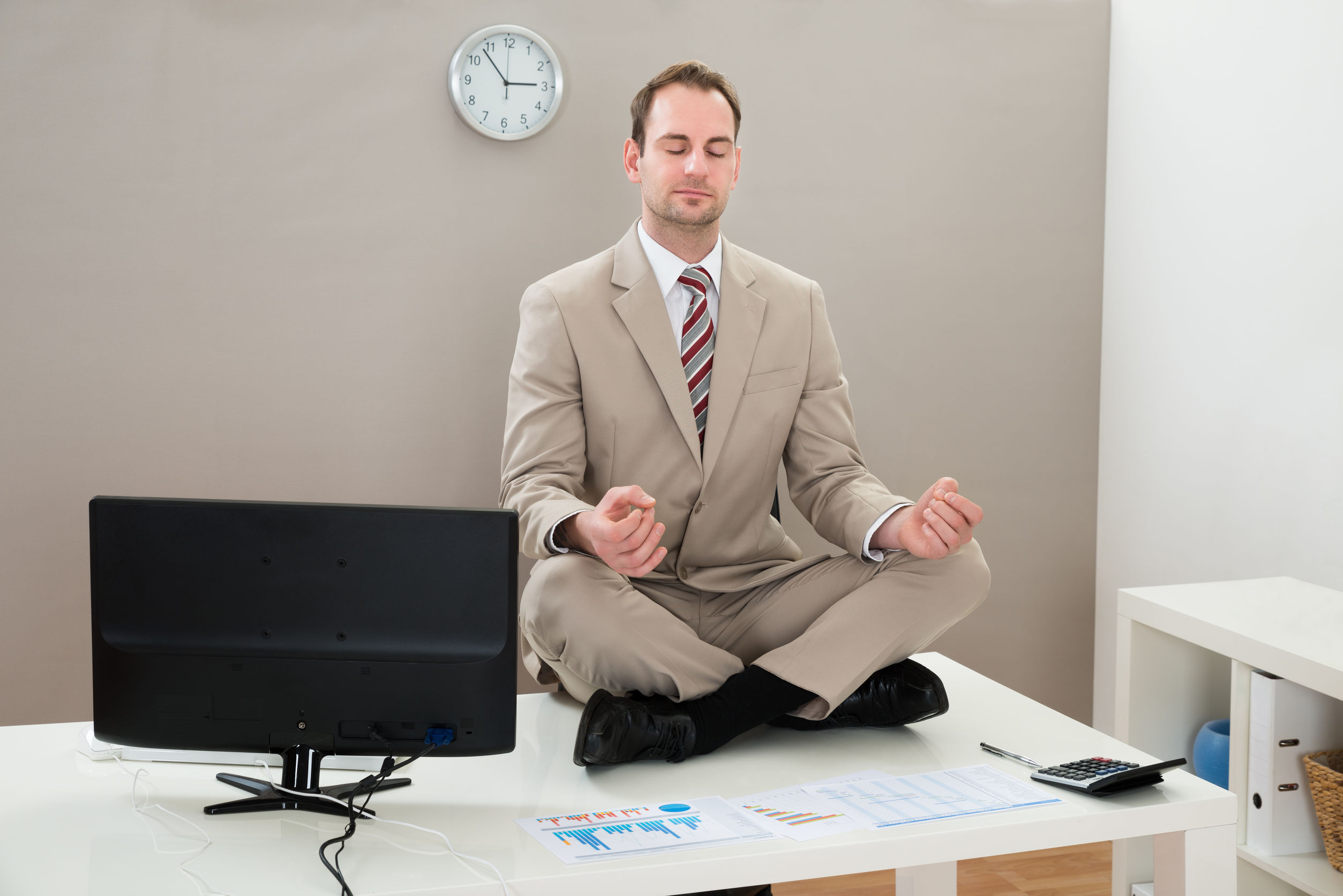WHO: Maintain good physical and mental health during COVID-19
- Shawn Liew
- Topics: Home Page - News, News

The COVID-19 outbreak has caused unprecedented disruption in the lives of millions around the world, and is likely to continue to do so for many months ahead.
“We know that for many people, life is changing dramatically,” said Tedros Adhanom Ghebreyesus, WHO’s director general in a media briefing on COVID-19. “My family is no different – my daughter is now taking her classes online from home because her school is closed.”
For those in the work force, the changes can be both disruptive and unsettling. Split team arrangements have arisen due to the segregation of workforces, while many employers have also begun to implement remote working arrangements in a bid to keep their workers safe from COVID-19.
But no matter what situation you find yourself in today, it is important to continue looking after your physical and mental health. This, said WHO’s Ghebreyesus, will not only help individuals in the long-term, but will also help them fight COVID-19 if they contract the disease.
And even if you feel stress over work or the COVID-19 outbreak, avoid smoking, which increases the risk of “developing severe disease” if you become infected with COVID-19. Also, limit the consumption of alcohol and sugary drinks, and adopt a healthy and nutritious diet to boost your immune systems, advised Ghebreyesus.
For those engaged in remote working, make sure you do not sit in the same position for long periods. Get up and take a 3-minute break every 30 minutes. And when you have finished work for the day, go outdoors for a walk, a run or a ride, while keeping a safe distance from others. If guidelines or legislation prevent you from leaving your house, find an exercise video online, dance to music, do some yoga or walk up and down the stairs, said Ghebreyesus.
Lastly, he emphasised the importance of looking after one’s mental health. “It’s normal to feel stressed, confused and scared during a crisis. Talking to people you know and trust can help. Supporting other people in your community can help you as much as it does them. Check in on neighbours, family and friends. Compassion is a medicine.”






